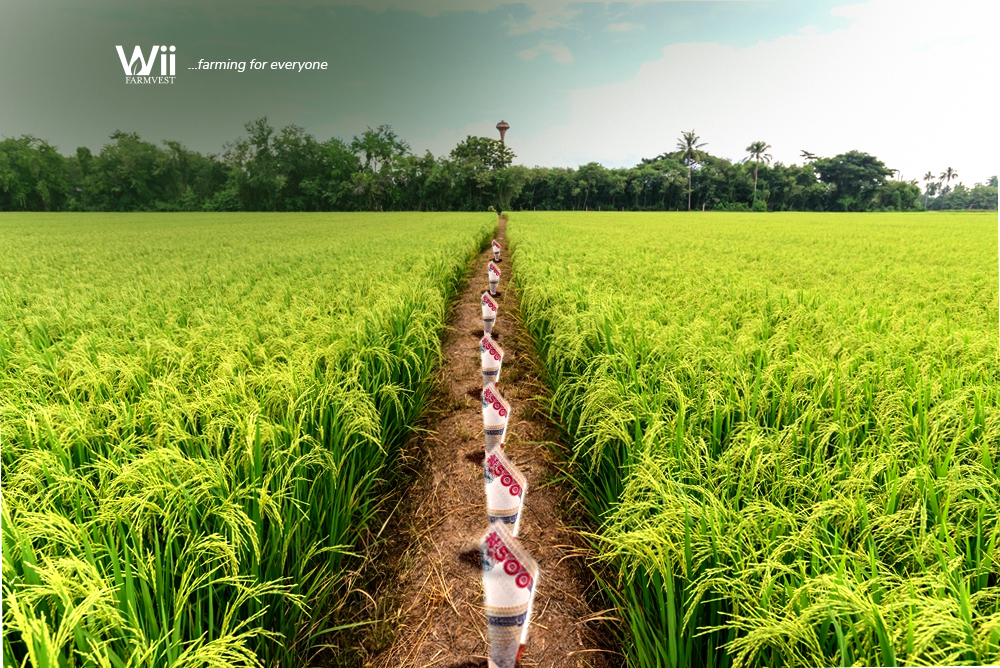WiiFarm has officially launched its flagship rice distribution service hub and its fractional farmland ownership model in Uyo, the Capital of Akwa Ibom State.
The President of WiiFarm Cooperative Society, Mr. Akhibi Akhibi, said the initiative is aimed at meeting the country’s food security in partnership with The Factory Company Ltd, operators of the NaijaSweet rice and tutu chicken brands. He assured of his support for the Federal Government, the 36 state governments, and the Federal Capital Territory in their food security drive, adding that “we are positioning this initiative as a transformational force in the Nigeria’s agricultural sector”.
“WiiFarmCoop is more than a cooperative; it is a people-powered movement to reclaim our land, unlock rural wealth, and build a new agricultural economy based on ownership, technology, and cooperation. The multipurpose farm estate is being designed to anchor The Factory Company’s backward integration strategy, connecting farm production directly to food processing and distribution”, he stated. The President added that “the agricultural development master plan across Akwa Ibom State, is meant to cultivate rice, maize, poultry, beef, and fish through its fractional ownership model, members gain access to deed-backed farmland units by creating a pathway for long-term asset ownership and wealth creation while feeding directly into established national food brands. WiiFarm, a member-owned agricultural cooperative, allows members to own, produce, and profit from farmland through cooperative investment models.
In another development, the Alliance for Action on Pesticide Nigeria (AAPN) has called on the National Agency for Food and Drug Administration and Control (NAFDAC) and Federal Competition and Consumer Protection Commission (FCCPC) to protect Nigerians against dangerous agrochemicals.
The Co-founder of AAPN, Prof. Simon Irtwange, alleged that “these dangerous substances are routinely and unknowingly handed out to farmers through the distribution of agricultural inputs by organisations such as Women Farmers Advancement Network (WOFAN), ThriveAgric, Nuru Nigeria, the Central Bank of Nigeria (CBN) Anchor Borrower programme and trade associations. While the intention behind the distribution is to support farmers and increase productivity, the reality is far more dangerous”, adding that “this is not a matter of good intentions gone wrong, it’s a matter of public safety”.
According to the AAPN, Nigerian farmers and agro-based companies spent about US$400 million on pesticides annually and over 65% of active pesticide ingredients used in Nigeria are classified as highly hazardous, and over 80% of what is distributed to smallholder farmers are banned in other countries like the European Union and United States of America. Irtwinge alleged that “these chemicals used in Nigeria’s food production system by constituency projects, branded as agricultural support, farmer groups and associations, and philanthropic donations, are distributed through weak regulations, lack of farmer training, no monitoring systems and poor labelling and are used without precautions and distributed without accountability”.

